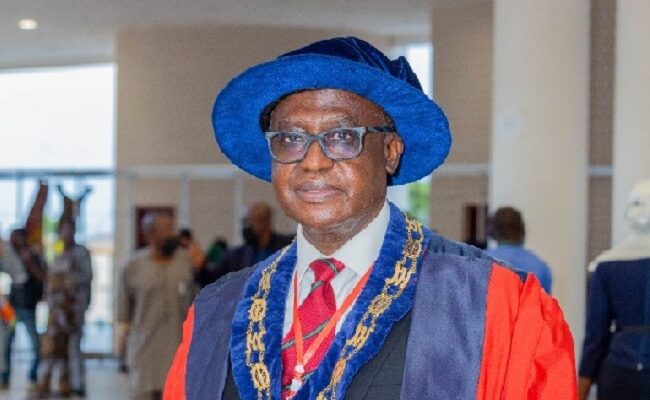

PRESIDENT of the West African College of Surgeons (WACS), Professor Peter Donkor says the provision of essential surgical procedures should become a priority because it would avert about 1.5 million deaths a year globally.
Donkor, who spoke on the theme “Challenges of Contemporary Training of Surgeons in sub-Saharan Africa” at the valedictory programme and 70th birthday celebration of Professor Juliana Obontu Taiwo in Ibadan, said that essential surgical procedures rank among the most cost-effective of all health interventions and in its absence had made mortality and morbidity rates from common, easily treatable conditions such as appendicitis, hernia, fractures, congenital anomalies and dental caries high.
He stated that although the incidence of major infectious diseases has reduced, diseases susceptible to surgical treatment are increasingly becoming a priority.

According to him, “the provision of essential surgical procedures would avert about 1.5 million deaths a year globally. This is more than the combined global deaths caused by HIV, tuberculosis and malaria. The inclusion of surgery in national health development plans must be deliberate and systematic.
“The number of surgical procedures performed in Africa is dwarfed by the number in the developed world. In 2015, it was estimated that there were over 2 million surgeons, anesthetists and obstetricians globally. Low-income and lower-middle-income countries, representing 48 per cent of the global population, had only 20 per cent of this workforce. Africa and Southeast Asia are particularly underserved.
“The WACS has to date produced nearly 8,000 surgeons spread throughout the region. Based on estimates, we need a minimum of 80,000 surgeons for West Africa alone. Within our countries, the deficit of surgical manpower varies greatly and training must be tailored to fit both existing and projected needs.

“We need a multi-prong strategy to address the serious deficit in our surgical manpower, including continuous engagement with governments and other partners for rapid development of surgical infrastructure. Specifics include targeted recruitment of women into surgery, training of more middle-level surgeons and research training.”

Donkor, however, listed challenges of contemporary training of surgeons in sub-Saharan Africa to include inadequate funding, lack of state-of-the-art facilities and qualified trainers. Also, there is over-concentration of training in teaching hospitals and trainer specialists in major cities, a lack of standardisation of training curricula across the continent and multiple certifications that restrict the jurisdiction of the practice of holders.








